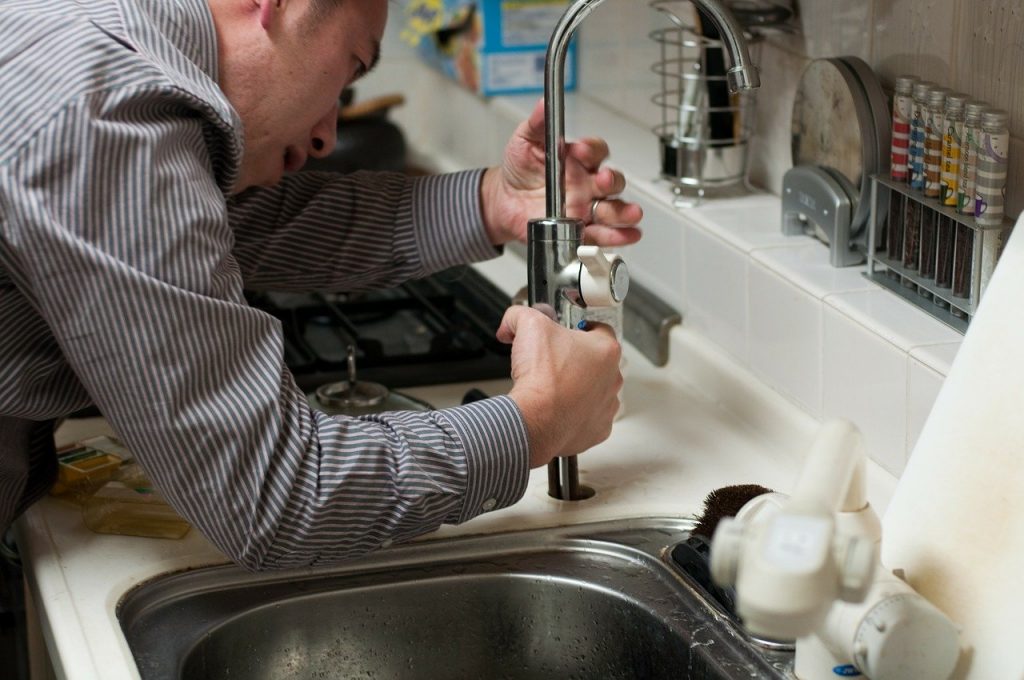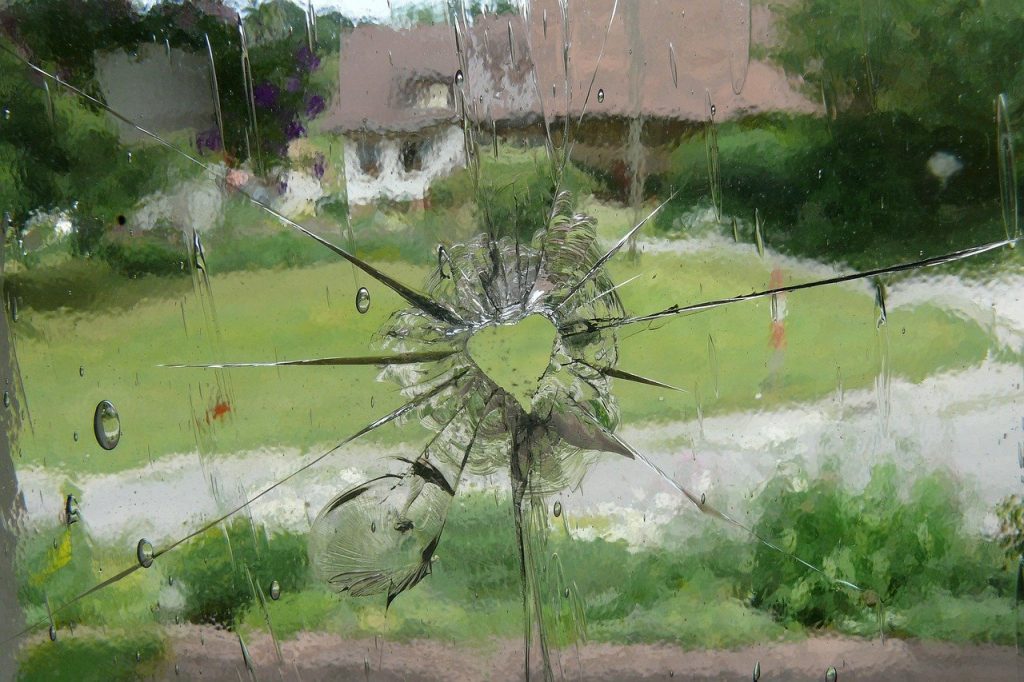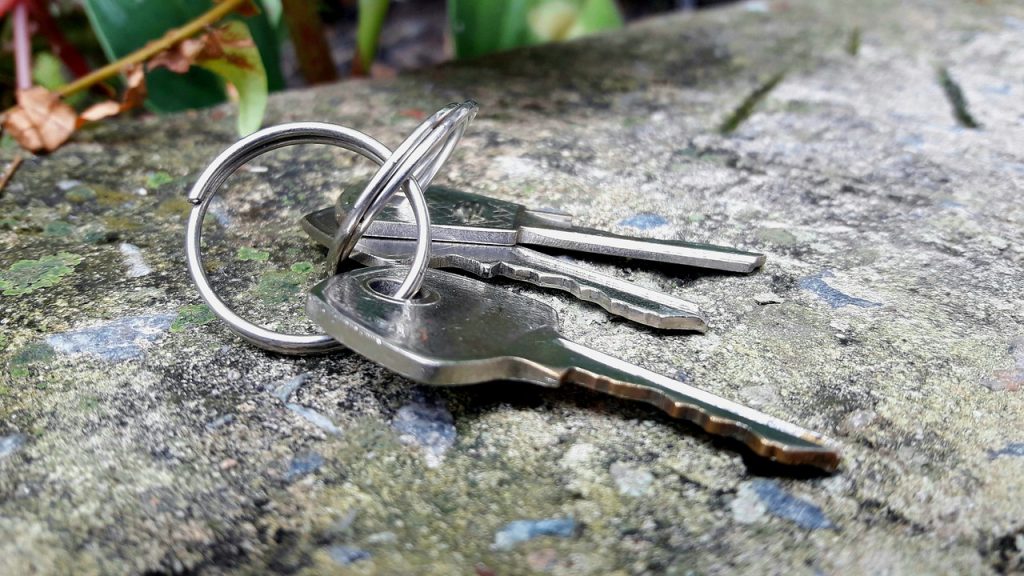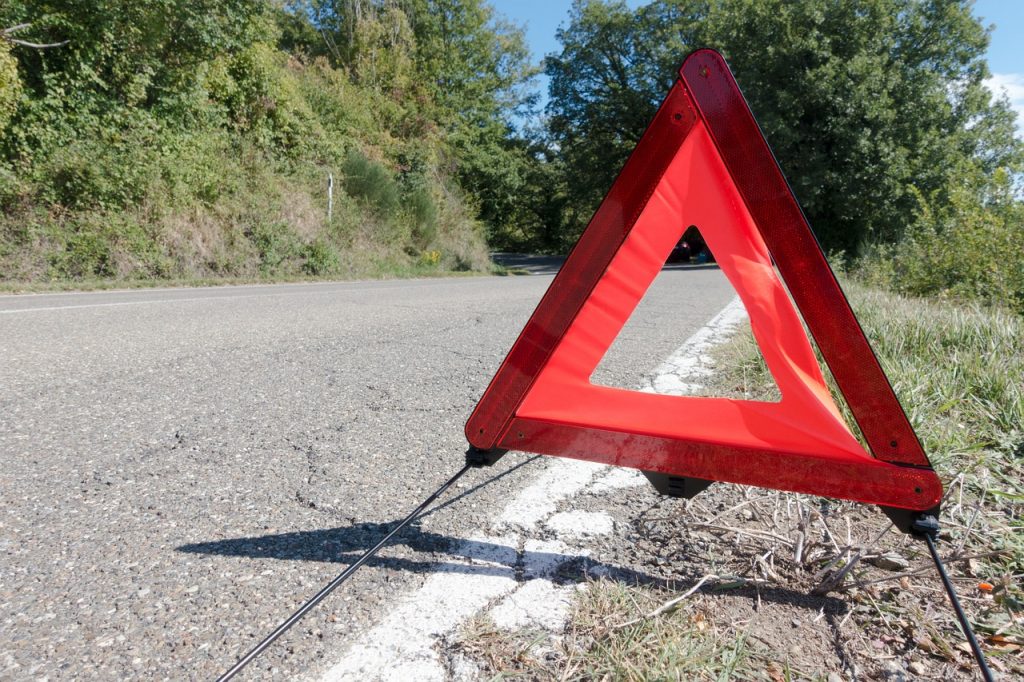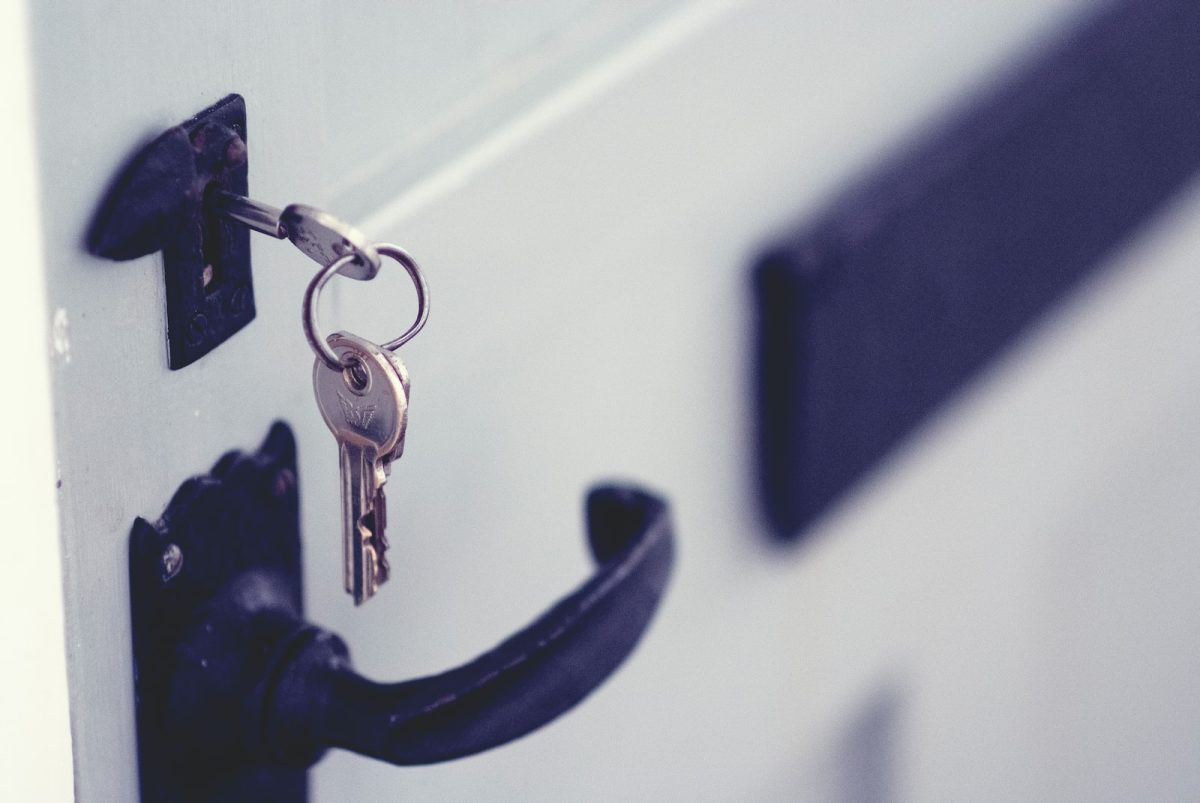I recently received an email from a foreign owner that we have worked with for several years. In recent years we have provided vacation rental cleaning services to his family who visit Lyon several times a year. His email said his landscaper had just called and saw water coming out of the back patio doors. Could we send someone to check things out?
As you can imagine, water flowing freely from a house is not a good thing. One of our employees went there and noticed that water covered almost the entire first floor of the house. No homeowner wants to deal with flooding in their home, but having a plan of action in place can take at least a little stress out of the situation.
Turn off the water source
First and foremost, if you discover a significant water leak in your home, you need to stop the flow of water. By doing so immediately, you can prevent further damage to your home. If you can easily identify the source of the leak and there is a shut-off valve available, you can simply turn off the water at that source. For example, if you discover that the leak is coming from under your kitchen sink, first try turning off the water valve under the sink. If this stops the water from spurting out, you can move on to step 2.
If you can’t determine where the water is coming from, or if it’s a broken pipe or water line that’s spraying water everywhere, head straight to your main line. If you’re in a house, it’s probably a large pipe on the side of the house. This is a thick pipe running down the side of the house that runs from the ground up to the house, and may be followed by a smaller pipe that goes back into the ground to supply water to your landscaping. When you find the pipe you will see that there is a lever/handle on it that is aligned with the pipe. When the lever is aligned, it means water is flowing toward the house. You will need to turn this lever 90 degrees until it is perpendicular to the pipe to shut off the water to the entire house.
If you live in a townhouse or one- or two-story condominium, the water main may be a little harder to find. It’s probably right outside your front door or at the back of your home, and chances are you’ll also have to turn off the water to a neighbor or two. If you don’t know where it is, call your homeowners association emergency line immediately. If you live in a condo building, you will likely need to call the building manager immediately to ask them to turn off the water to your section of the building.
Contact your insurance
After you have made sure that water is no longer entering the house, it is time to call your insurance agent. There is a small chance that you may not want to file a claim for damages, but it is very unlikely. If your baseboards or walls have gotten wet, they need to be professionally dried to prevent mold from growing in your walls, and this process can cost thousands of dollars. You can describe what you see to your agent and see if they recommend starting the claims process based on your deductible, but most of the time the answer will be a quick yes.
While you have your agent on the phone, ask them to recommend a reputable restoration company. My husband and I learned the hard way that not all restoration companies are in good standing with insurance companies. Before our wedding, a water main burst in her house. We picked a restoration company from the phone book (yes, it was that long ago) and hired them to start the job. What we didn’t realize was that my husband’s insurance company was involved in a lawsuit with this restoration company because they inflated their prices when they billed the insurance. Things eventually worked out, but not before we were dragged into a lawsuit over bills the insurance refused to pay. To summarize, ask your insurance company for a recommendation for a restoration company, or at least ask someone you trust who has used a restoration company before for a recommendation.
Also, before you hang up the phone with your agent, ask if your policy covers temporary housing for you and your family while the house is dried out and repaired. Water damage requires removing flooring, opening walls, and running giant fans 24 hours a day to dry everything out. Once everything is dry, everything needs to be repaired. This is a very thorough process. If your insurance allows you to stay in a hotel or furnished rental home, it’s worth the time and effort to
to temporarily relocate you.
Contact the catering company
As soon as you get off the phone with your insurance agent, call the restoration company. If it’s a good company, they should be able to send a crew out within a few hours to start removing the water from the house. Mold can start growing very quickly, so if the company tells you it can’t arrive until the next day, move on to the next recommendation on your list.
Document the damage
When the restoration company arrives, they will likely show up with large trucks equipped with lots of hoses and industrial vacuums to remove the water from the tiles. If you have carpet, it will probably start to rip it out. They will likely start ripping out baseboards and door frames and, depending on how saturated the water is, they may start removing pieces of drywall and even cabinets.
The company should document the damage it sees to make it easier to file a claim, but to cover yourself, start gathering images of water damage yourself. Take photos of each damaged part. Hopefully, you won’t need these images, as the restoration company should collect enough to answer any questions from your insurance company, but it never hurts to have too many documents when dealing with insurance companies.
Moving
We hope that at this point you have discovered that your insurance policy covers temporary housing for you and your family. Your first stop will probably be a hotel, but now is not the time to take a luxury vacation. Your insurance policy may only cover a specific amount per night, so find out the details of your policy before reserving a room. If the damage is extensive and will take weeks to repair, your policy may cover renting a furnished home for your family. There are temporary housing companies who can negotiate a deal with the owners and managers of these properties on your behalf. If your insurance policy covers it or if you are able to pay out of pocket to rent an apartment or house, this option will allow you to continue living with the conveniences of a kitchen and a extra space, often for a price quite similar to that of a hotel.
Hire a contractor for repairs
Remember how I mentioned that the restoration company was going to tear out the carpet, baseboards and walls? Well, she may or may not be able to put those items back into the house. Some catering companies also have a general contractor license, which allows them to offer more comprehensive service to their customers. Others will simply leave you with a dry but run-down house. If you’ve had a good experience with the restoration company and want to hire them for repairs, it’s an easy way to have a single point of contact for the entire process. If not, it’s time to hire another general contractor to fix up your home.
By the time your house is dry, your insurance company should have given you an amount that they are willing to give you for repairs. Sometimes this amount is just enough to patch up the walls, but if the flooring and cabinets have sustained significant damage, you may need to completely remodel parts of your home. If so, you may want to consider installing the dream kitchen or bathroom you’ve always dreamed of. It may take a little extra personal money, but you won’t have to put the exact same fixtures back into your home after the repairs. Determine your budget, find a contractor who is willing to work with your budget, and restore your home to the way you want it.
Having a major leak in your home is a very stressful situation. No one wants to face an unexpected home demolition and remodel, but you’ll get through it. Take a deep breath, follow the steps above, and in a few weeks you will be able to put this whole situation behind you.

